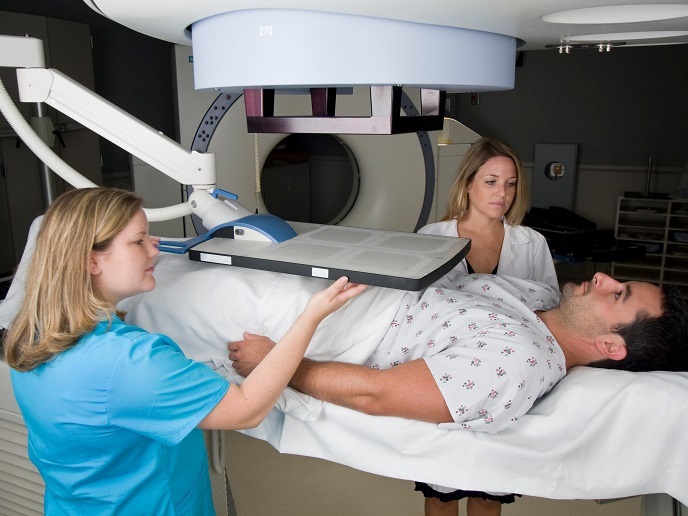New vaccine to prevent cancer relapse trialled
While most cancer therapies focus on treating the primary tumour, the leading cause of cancer death is in fact metastasis(opens in new window) i.e. the spread of cancer cells from the primary tumour to surrounding tissues and organs. Efforts to reduce metastatic growth however have to date been unsuccessful. This has led to high relapse rates – up to 40 % in the case of prostate cancer. “From this group of patients, 90 % end up dying from the disease due to metastases,” notes RV001(opens in new window) project coordinator Alexandra Ellervik from RhoVac(opens in new window) in Denmark. "Finding a therapy that effectively fights early metastasis formation would be a game changer in prostate cancer treatment.”
Vaccine against metastatic cells developed
The objective of the EU-funded RV001 project was to help advance a promising breakthrough in this field. Danish biotech company RhoVac developed a prototype vaccine against metastatic cancer cells, with the aim of achieving a significant reduction in cancer relapses. The immunotherapeutic treatment – called RV001 – works by activating the patient’s own immune system in order to recognise and eliminate metastatic cancer cells. “The immune system gets activated through RhoC-antigen exposure(opens in new window),” explains Ellervik. “Upon activation, the immune system gets trained and can therefore find and eliminate cancer cells overexpressing RhoC (a protein associated with metastatic cells).” By activating T-cells to only target cells overexpressing RhoC, the body’s natural defence system leaves normal, healthy cells unharmed. “Our idea was that RV001 could be used immediately following the removal of a primary tumour, to prevent formation and spread of metastatic cancer cells to other organs and tissues,” says Ellervik.
Running prototype vaccine in clinical trials
The EU-funded RV001 project sought to build on promising preclinical evidence. For this, the project enabled ambitious clinical trials to be conducted across five European countries, involving a total of 180 patients. “Our ambition was to vaccinate against metastatic cancer. This is what we were trying to prove, and was the great unmet medical challenge we hoped to successfully address.” Unfortunately, the project team was unable to record the clinical results they were looking for. Even though the expected immune response did materialise, the clinical trial did not reach its end points. No patient experienced any severe adverse effects during the trial.
New avenues to treating cancer
For Ellervik, this project reflects the reality of clinical trials. “The success rate for oncological trials(opens in new window) at this phase II stage is around 50 %,” he adds. “Even at the following clinical phase III, the success rate is only 70 %.” Furthermore, Ellervik believes that EU funding not only provided essential financial support, but also provided a quality stamp for the project, the company and the shareholders who had financed the lion’s share of the trial. There are also valuable lessons that can be taken away. “Perhaps in the future a similar treatment can be developed that combines other immune oncology therapies, and delivers the positive treatment effects we were looking for.” Ultimately therefore, the RV001 trials represent another necessary step towards identifying and bringing effective cancer therapies to market. “This project was one small piece in a much bigger puzzle,” says Ellervik.







